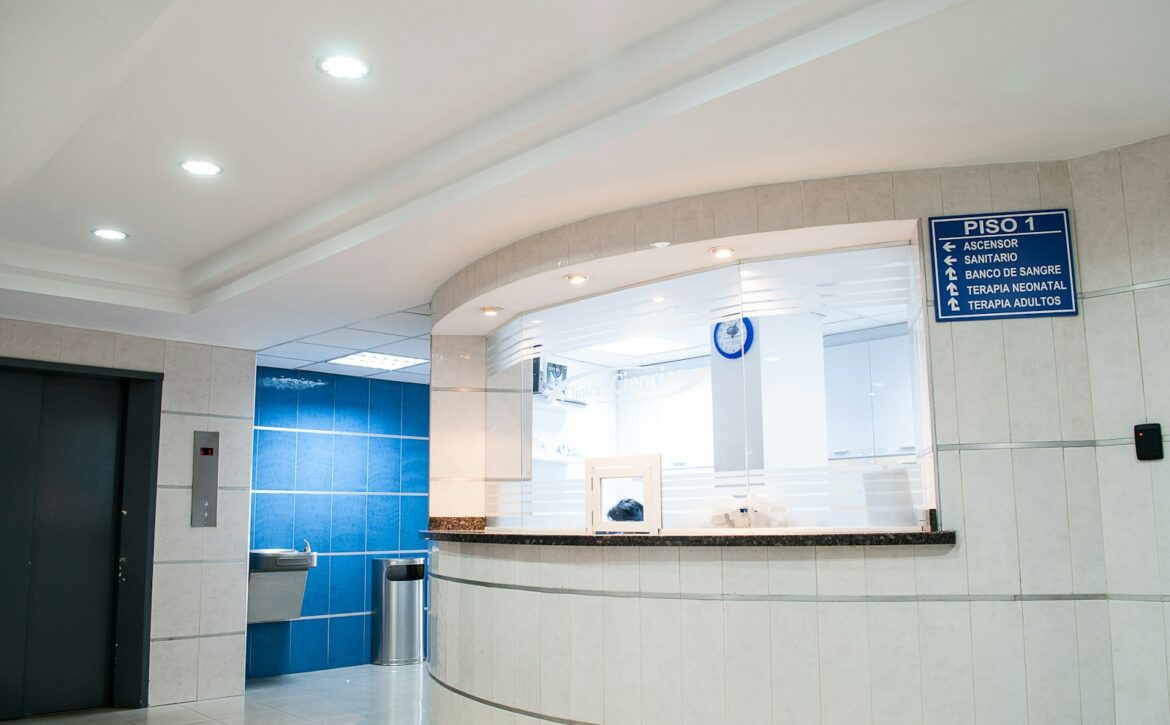The medical billing industry is constantly evolving, driven by changes in regulations, advancements in technology, and shifting payer requirements. For healthcare providers, staying informed about the latest trends and updates in medical billing is crucial to maintaining a healthy revenue cycle and ensuring compliance with industry standards. In this blog, we’ll explore some of the most significant industry insights and news updates that are shaping the future of medical billing.
The Impact of Regulatory Changes on Medical Billing
One of the most critical aspects of medical billing is staying compliant with ever-changing regulations. In recent years, several significant regulatory updates have had a profound impact on medical billing practices:
1. The Shift to Value-Based Care
The transition from fee-for-service to value-based care is one of the most transformative changes in the healthcare industry. Under value-based care models, reimbursement is increasingly tied to the quality of care provided rather than the quantity of services rendered. This shift requires medical billing companies to adapt their processes to account for new billing codes, quality metrics, and reporting requirements. For healthcare providers in Arkansas, partnering with a medical billing company that understands value-based care is essential for optimizing reimbursements and ensuring compliance.
2. Updates to ICD-10 Codes
The International Classification of Diseases, 10th Revision (ICD-10), is a critical component of medical billing. Every year, the Centers for Medicare & Medicaid Services (CMS) updates the ICD-10 codes to reflect new medical conditions, treatments, and procedures. Staying up-to-date with these changes is vital for accurate coding and billing. Recent updates have introduced new codes for conditions related to COVID-19, mental health, and chronic diseases. Medical billing companies must ensure that their coding practices align with the latest ICD-10 updates to avoid claim denials and maximize reimbursements.
3. The No Surprises Act
Implemented in January 2022, the No Surprises Act is designed to protect patients from unexpected medical bills for out-of-network services. While this legislation benefits patients, it also presents new challenges for healthcare providers and medical billing companies. Navigating the requirements of the No Surprises Act requires a deep understanding of the law, including how to handle disputes and negotiate payments with payers. Providers in Arkansas should work with a billing company that is well-versed in the nuances of the No Surprises Act to ensure compliance and minimize the impact on revenue.
Technological Advancements in Medical Billing
Technology plays a pivotal role in the efficiency and accuracy of medical billing. The adoption of advanced technologies is helping medical billing companies stay ahead of the curve and improve outcomes for healthcare providers. Here are some of the latest technological trends in medical billing:
1. Artificial Intelligence and Machine Learning
Artificial Intelligence (AI) and Machine Learning (ML) are revolutionizing the medical billing industry. AI-powered tools can automate repetitive tasks, such as data entry and claims processing, reducing the risk of human error and speeding up the billing process. Machine learning algorithms can analyze vast amounts of data to identify patterns and predict potential issues, such as claim denials. By leveraging AI and ML, medical billing companies can enhance accuracy, streamline workflows, and ultimately increase revenue for healthcare providers.
2. Blockchain Technology
Blockchain technology is gaining traction in the healthcare industry, particularly in the realm of medical billing. Blockchain offers a secure and transparent way to manage medical records and billing data. By using blockchain, medical billing companies can ensure that all transactions are recorded on a tamper-proof ledger, reducing the risk of fraud and improving data security. Additionally, blockchain can facilitate faster payments and reduce the administrative burden associated with traditional billing processes.
3. Telehealth Billing
The COVID-19 pandemic accelerated the adoption of telehealth services, and this trend is likely to continue. However, billing for telehealth services presents unique challenges, including different payer requirements and billing codes. Medical billing companies must stay informed about the latest telehealth billing guidelines to ensure that providers are reimbursed correctly for virtual visits. As telehealth becomes a permanent fixture in healthcare delivery, providers in Arkansas should work with a billing company that is experienced in handling telehealth claims.
Industry News: What’s on the Horizon for Medical Billing?
Staying informed about the latest industry news is essential for healthcare providers and medical billing companies alike. Here are some of the key developments that are expected to shape the future of medical billing:
1. The Expansion of Price Transparency Rules
Price transparency has become a major focus in the healthcare industry, with new rules requiring hospitals and insurers to provide clear pricing information to patients. While these rules aim to empower patients and promote competition, they also add complexity to the billing process. Medical billing companies will need to adapt to these changes by ensuring that billing practices are transparent and compliant with the new regulations. Providers in Arkansas should be proactive in understanding how price transparency rules will impact their billing operations.
2. The Rise of Patient-Centric Billing
As patient expectations evolve, there is a growing demand for billing processes that are more patient-friendly. Patient-centric billing involves clear communication, flexible payment options, and personalized billing statements. Medical billing companies that prioritize the patient experience are likely to see improved payment collections and stronger patient relationships. This trend is particularly important in Arkansas, where rural healthcare providers may need to offer more accessible billing solutions to accommodate patients in underserved areas.
3. The Continued Emphasis on Cybersecurity
With the increasing digitization of medical records and billing data, cybersecurity remains a top priority for the healthcare industry. Medical billing companies must invest in robust cybersecurity measures to protect sensitive patient information from cyber threats. As cyberattacks become more sophisticated, providers in Arkansas should choose a billing company that is committed to maintaining the highest standards of data security.
Conclusion: Partnering with a Forward-Thinking Medical Billing Company in Arkansas
The medical billing industry is in a constant state of flux, with new regulations, technologies, and trends emerging regularly. For healthcare providers in Arkansas, staying ahead of these changes is crucial for maintaining a healthy revenue cycle and ensuring compliance. By partnering with a forward-thinking medical billing company like AMS Billing Solutions, providers can navigate the complexities of the industry with confidence.
At AMS Billing Solutions, we are dedicated to staying informed about the latest industry insights and news updates. Our team is committed to helping Arkansas healthcare providers thrive in an ever-changing landscape. Contact us today to learn more about how we can support your practice with our comprehensive medical billing services.










